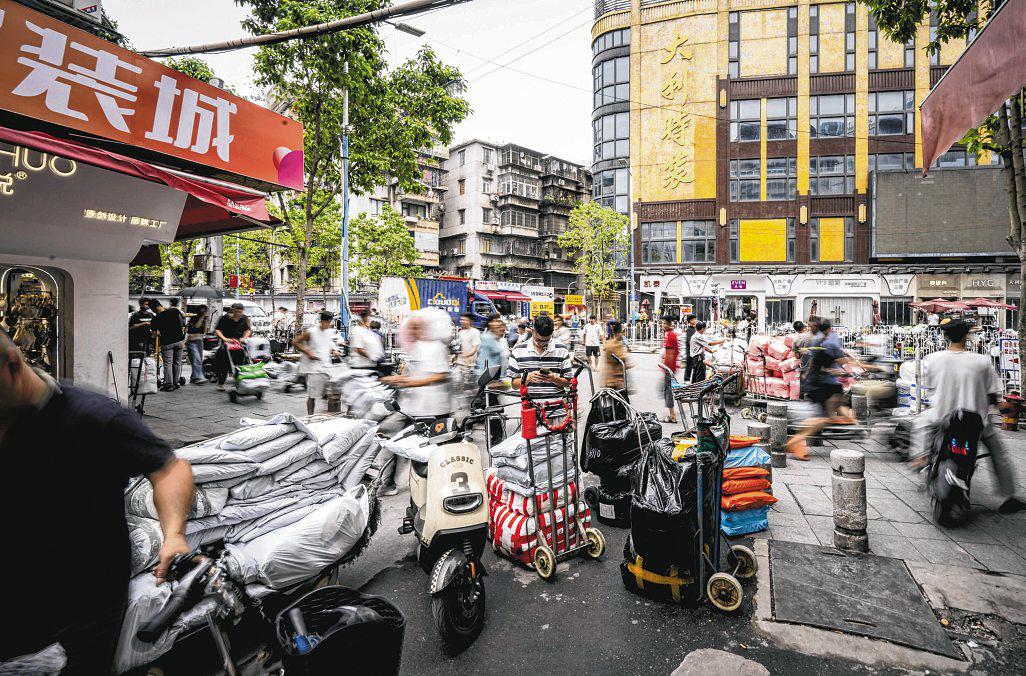Wand Yi opening speech indirectly directed at US about
Unilateralism and Hegemony, Threat Perception, Multilateralism vs. Unilateralism, and Historical Inevitability
China's State Councilor Wang Yi has criticized the United States for its unilateral actions, including imposing sanctions and abusing trade processes. He argues that these actions hinder relations and promote a "campaign against China's normal trade, economic and technological activities." In contrast, Wang Yi promotes multilateralism as an alternative to US unilateral approaches. He believes that "unilateralism and protectionism are bound to be crushed by the wheels of history," suggesting that US policies will ultimately fail.
Unilateralism and Hegemony, Threat Perception, Multilateralism vs. Unilateralism, and Historical Inevitability
China's State Councilor Wang Yi has criticized the United States for its unilateral actions, including imposing sanctions and abusing trade processes. He argues that these actions hinder relations and promote a "campaign against China's normal trade, economic and technological activities." In contrast, Wang Yi promotes multilateralism as an alternative to US unilateral approaches. He believes that "unilateralism and protectionism are bound to be crushed by the wheels of history," suggesting that US policies will ultimately fail.

